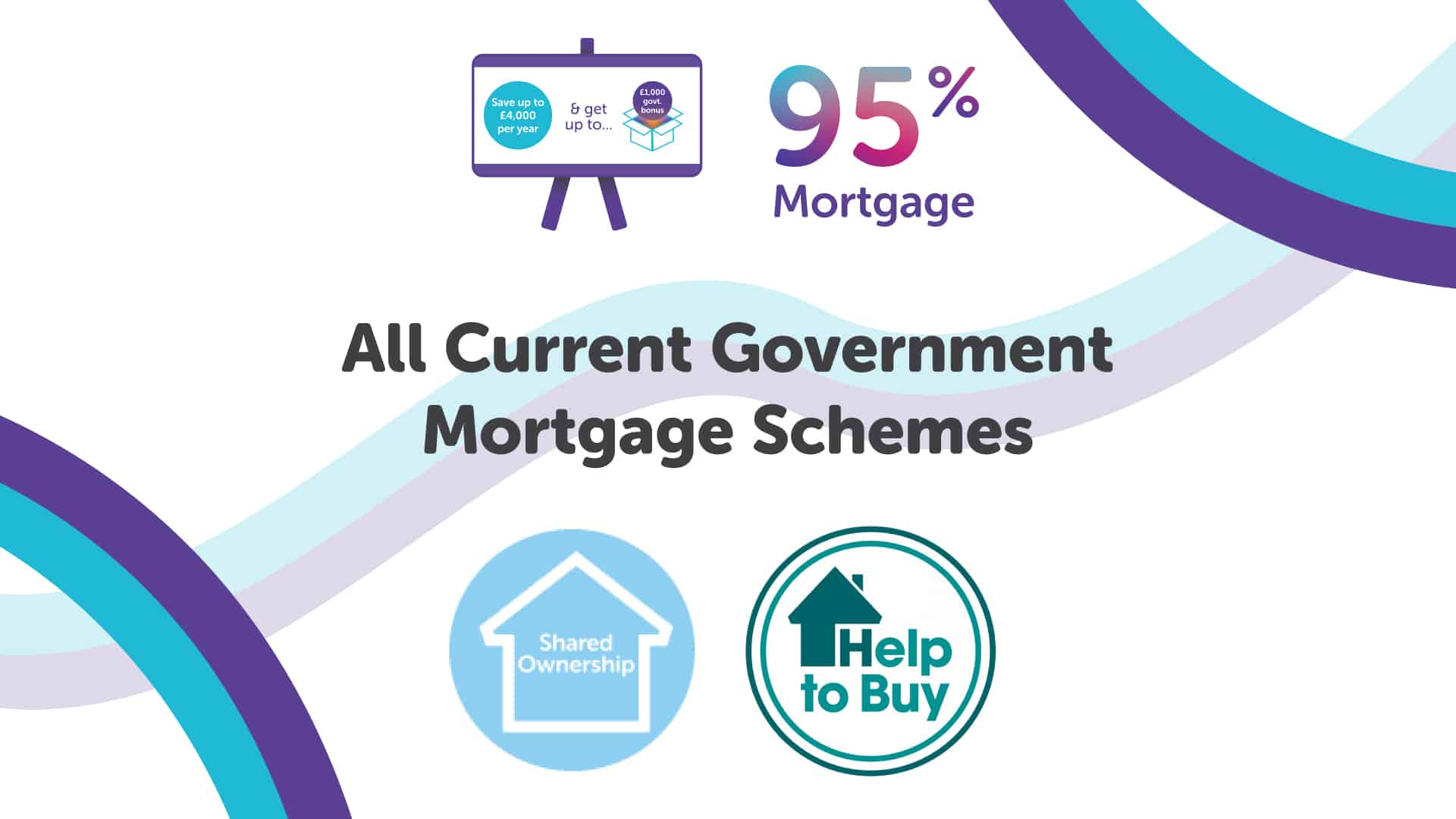The Credit Crunch Explained in Manchester
In the Beginning
In order to get an understanding of the 2007/08 “Credit Crunch”, we need to reflect upon what happened in the years that lead up to it. If a first time buyer in Manchester took out a mortgage to buy a home back in the 1970s and ’80s, chances are it was probably through a building society. It may be hard to believe, but banks didn’t always do mortgages!
To see whether or not you qualified for a mortgage, you’d make an appointment with the building society manager. Customers would take out savings accounts with the building society and then the building society would use that money to lend to other customers. Interest rates would also be higher to borrowers than the rate they were paying to savers, so they could make a profit.
Once the banks started their involvement in mortgage lending, they moved away from the older model. Instead, they would “buy” the money from markets, in order to accelerate the rate in which they could lend out to customers.
Mortgages in The 2000s
Fast forward to the mid-2000s and there were plenty of new specialist lenders working in the market, with most of them originating from North America. Their way of doing things was to sell their book of mortgage customers, allowing them to raise new money and lend again.
This was dubbed Securitisation. The investors that bought these books tended to come from larger financial institutions such as pension funds and High Street Banks.
The market started to make a great deal of money and these new lenders seized an opportunity by introducing more relaxed lending criteria. Poor credit history? Wanting to self-certify? No problem – Or so they thought.
Problems Arise
These mortgages, of course, began to default. Major banks lost their confidence in each other, due to the uncertainty of how exposed they were in the fast unravelling sub-prime mortgage market.
In no time the banks’ share prices completely dropped. Some were bailed out by the UK Government (or more accurately, the taxpayer) in order to stop them going bust, whilst many failed to continue.
Over the course of “The Great Recession”, almost 80 different banks, building societies and lenders across around 20 different countries, filed for bankruptcy or were acquired.
As a result of this, lending quickly dried up. Property prices significantly dropped, and everyone lost confidence in the UK economy. It took almost a decade for the market to safely recover.
Economy Recovery
Nobody wanted this to happen again, especially the UK Government, so investigations were undertaken to look into where it all went wrong. These studies led to the “Mortgage Market Review of 2014”.
Self-cert mortgages had already been banned by then, but the major change that came was the responsibility of ensuring the mortgages were affordable, now lay in the hands of the lender.
They dug deeper into customers incomes and outgoings with more precise lending criteria. Lenders now were paying more attention to credit commitments, childcare and other outgoings, so they could ensure customers could consistently afford their mortgage repayments.
No doubt it’s become a lot harder now to get a mortgage than it used to be. Customers need to be way more organised with paperwork in order to prove their finances are taken seriously.
A great many mistakes were made in the period running up to the Credit Crunch, but we hope that the industry learned a lesson this time and has minimised the chances of this ever happening again to first time buyers in Manchester.
Date Last Edited: December 11, 2023















